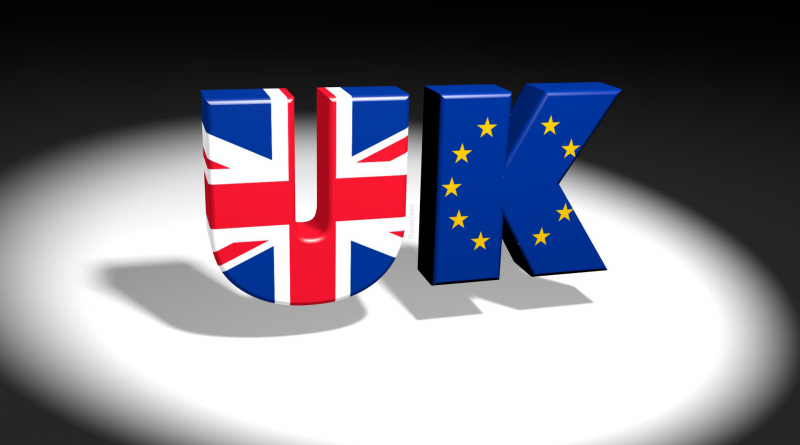11 April 2019
Brexit
The domestic side.
By John Watson
 The key to understanding international politics is to look at the domestic agenda of the parties. Why did Galtieri invade the Falklands? Because he needed distraction from problems at home. Why is Turkey’s Erdogen challenging the international community? To bolster popularity with his electorate. Why did Henry V invade France? To distract the country from the Lancastrian usurpation of the Crown.
The key to understanding international politics is to look at the domestic agenda of the parties. Why did Galtieri invade the Falklands? Because he needed distraction from problems at home. Why is Turkey’s Erdogen challenging the international community? To bolster popularity with his electorate. Why did Henry V invade France? To distract the country from the Lancastrian usurpation of the Crown.
The theme is as old as the hills and it provides the key to the struggle currently going on over Brexit. Forget the national interest and the politicians of principle. Yes there are some of these (who after all could doubt the sincerity of Ken Clarke or Nigel Farage?) but that is not where the action is. At the centre of the maelstrom is a wrestling match between the two main parties to emerge with the upper hand, to take a Brexit dividend in the form of a win in the next general election.
It would be nice to be able to report that this struggle was benefiting the public, that the tension between the parties was generating imaginative solutions, leadership and vision. Unfortunately it is not working like that. The winner of the competition will not be the party which impresses the electorate the most but rather the one which offends the voters the least. It is fear then which drives them and it is fear which shapes their strategy.
What could really upset the public? The first possibility is a failure to leave the EU at all. Yes, yes, the latest Survation poll (15 March) shows 51% in favour of not leaving at all as against 45% for leaving, but that majority is highly unstable. The reason for saying so is not so much because the two sides were even last October, but because, if we cancelled the departure notice under article 50 and elected to stay, every annoying and intrusive decision by the EU (and you can bet there would be some soon) would make us regret that decision. “If only the UK hadn’t cut and run” we would say to ourselves, looking round for someone to blame. Neither party can be seen to have brought about the reversal of Brexit unless there is a second referendum.
Now let’s step down a rung from that. Suppose that we leave the EU but remain permanent members of the Customs Union. That would mean that we were permanently debarred from doing trade deals with non EU countries, one of the main Brexit dividends. How would the public react to that? They might certainly ask themselves what the point of this sort of Brexit is and why it is seen as preferable to the arrangements negotiated by Mrs May. This must be Labour’s greatest risk, a public convinced that they forced permanent Customs Union on the Government for the luxury of denying Mrs May success. But there is risk for the Tories too. If Mrs May agrees to remain part of the Customs Union she could be seen as having betrayed the mandate which flows from the Brexit vote. That would feed support to any revived version of UKIP but the extent of that will depend on whether she is seen as having been left with no choice or as having deserted her position voluntarily.
Suppose though, it is leave without a deal. That is supposed to be ruled out by the Cooper/Letwin legislation but in the absence of some other agreement will happen by default. Clearly a failure of Government management, you might think, and they would probably be blamed for it unless indeed they could persuade the voters that it had been caused by Labour’s manoeuvrings.
So many outcomes and so many possible electoral results of each outcome. Deep in the offices of each political party tacticians will be working through the possibilities and calculating, calculating, calculating. And that is really the trouble. If we have got to a stage where the parties are adjusting their stance to maximise their own positions, parliament is not acting in the public interest at all. Could there be a better reason for employing the extra time the EU is likely to give us in a rerun of the referendum, offering a choice between staying, no deal (if available), the May deal and the Customs Union?


